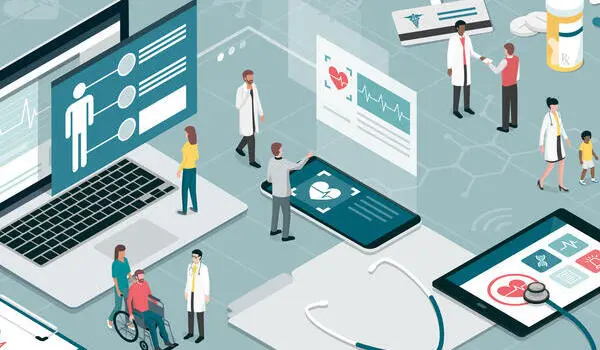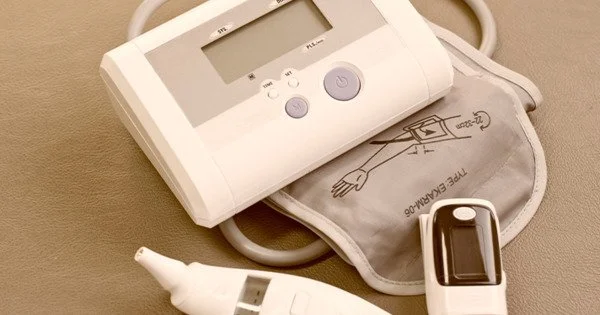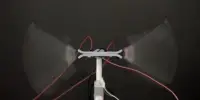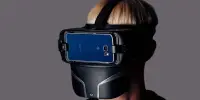Engineers are using artificial intelligence (AI) and wireless technology to monitor elderly people in their homes and detect emerging health problems early on. The new system, developed by researchers at the University of Waterloo, accurately and continuously tracks an individual’s activities while gathering vital information without the use of a wearable device and alerting medical experts to the need to intervene and provide assistance.
“We’ve demonstrated that very low-power, millimeter-wave radio systems enabled by machine learning and artificial intelligence can be reliably used in homes, hospitals, and long-term care facilities after more than five years of work on this technology,” said Dr. George Shaker, an adjunct associate professor of electrical and computer engineering.
“An added bonus is that the system can alert healthcare workers to sudden falls, without the need for privacy-intrusive devices such as cameras.”
Our wireless technology can effectively monitor various activities such as sleeping, watching TV, eating, and the frequency of bathroom use in homes and long-term care homes.
Dr. George Shaker
Shaker and his colleagues’ work comes at a time when overburdened public healthcare systems are struggling to meet the urgent needs of rapidly growing elderly populations.
While a senior’s physical or mental condition can change quickly, it’s nearly impossible to track their movements and detect problems 24 hours a day, seven days a week, even if they live in long-term care. Furthermore, other existing systems for monitoring gait – how a person walks – are costly, difficult to operate, impractical for clinics, and unsuitable for use in the home.
The new system is a significant advancement, and it works as follows: first, a wireless transmitter sends low-power waveforms across an interior space, such as a long-term care room, apartment, or home.

As the waveforms bounce off different objects and the people being monitored, they’re captured and processed by a receiver. That information goes into an AI engine that deciphers the processed waves for detection and monitoring applications.
The system, which employs extremely low-power radar technology, can be mounted simply on a ceiling or by a wall and doesn’t suffer the drawbacks of wearable monitoring devices, which can be uncomfortable and require frequent battery charging.
“Our wireless technology can effectively monitor various activities such as sleeping, watching TV, eating, and the frequency of bathroom use in homes and long-term care homes,” Shaker said.
“At the moment, the system can notify caregivers of a general decline in mobility, an increased risk of falling, the possibility of a urinary tract infection, and the onset of several other medical conditions.”
Waterloo researchers have collaborated with Gold Sentintel, a Canadian company, to commercialize the technology, which has already been installed in several long-term care homes.
















